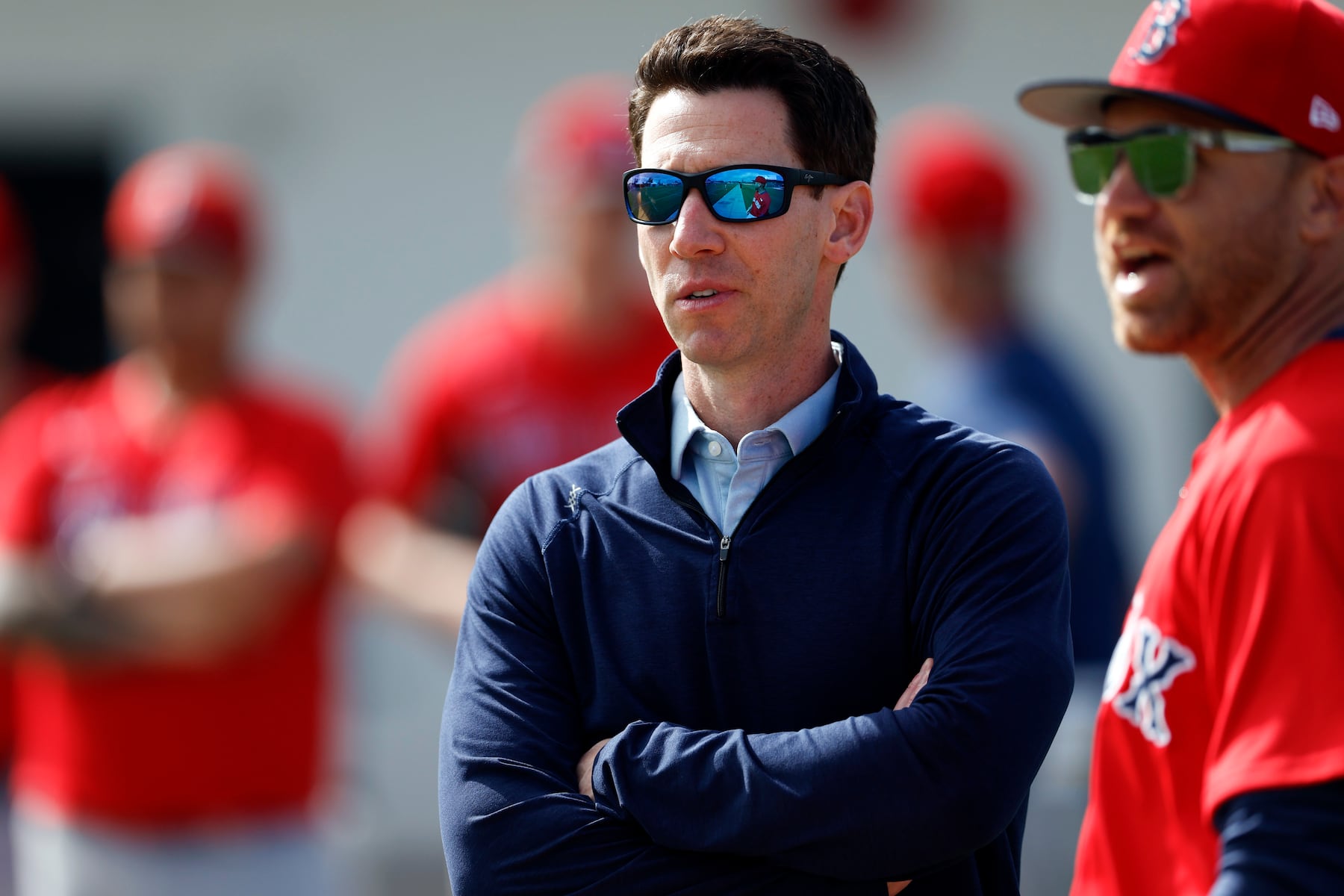The Boston Red Sox have once again left their fanbase disheartened, as the recent trade deadline unfolded into another familiar tale of unfulfilled promises and strategic missteps. This pattern of disappointment, deeply rooted in the Red Sox Front Office decisions, has become a defining characteristic, leaving many questioning the team’s direction and commitment to contention.
Chief Baseball Officer Craig Breslow’s post-deadline remarks from Atlanta only underscored the pervasive sense of failure, despite his insistence on aggressive pursuit. Breslow claimed the team “pursued a number of really impact opportunities” and sought “real impact players” for future seasons, even being “uncomfortably aggressive” in their offers. Yet, his acknowledgment that “it wasn’t from a lack of effort. Other teams needed to say, ‘Hey, that’s enough. That crosses the line’” inadvertently revealed the organization’s repeated inability to close deals.
This recurring theme of being deeply involved in high-stakes negotiations only to watch coveted players land elsewhere has cemented itself as the Boston Baseball franchise’s unfortunate hallmark. The narrative that mere participation in discussions is its own reward holds little weight with a fanbase yearning for tangible results. In the competitive landscape of MLB Analysis, success is measured by acquisition, not by how close one comes to a deal.
Despite boasting a farm system ranked among the top five in all of baseball prior to last month’s draft, the Red Sox conspicuously failed to leverage this asset effectively. Numerous teams, even those with ostensibly lesser prospect capital, managed to secure more impactful players. This stark contrast highlights a concerning disconnect between the organization’s prospect wealth and its actual ability to convert that into immediate roster improvements, a crucial aspect of Red Sox Trade strategy.
The enduring patience of New England fans is undeniably wearing thin, as the Red Sox continue a cycle of generating optimism only to squander it with perplexing front office maneuvers. A prime example was the perplexing salary dump of Rafael Devers, a decision that prioritized financial relief over acquiring superior prospects, further eroding fan trust and contributing to a pervasive sense of Fan Frustration.
This recent trade deadline echoes a similar misstep from just weeks prior, where a surge of on-field success was immediately counteracted by questionable off-field decisions. Following a sweep of the Yankees that pushed the team above .500, the Devers trade felt like a dampening blow. Similarly, after winning five of seven to reach eight games above .500—a season high—the front office again squandered momentum, signaling a concerning pattern of Sports Fails.
While rivals like the Yankees, Blue Jays, Mariners, Rays, and Rangers strategically bolstered their rosters, the Red Sox remained largely stagnant. This passive approach at a critical juncture has undeniably jeopardized Boston’s playoff potential, leaving supporters to wonder about the franchise’s long-term competitive vision.
Amidst these organizational challenges, there are still moments that resonate deeply with the fanbase, such as the recent celebration of former Red Sox outfielder Dwight Evans at Fenway Park. Inviting Evans, who has expressed disappointment over his Hall of Fame exclusion, to throw out the first pitch provided a poignant contrast, redirecting focus from personal setbacks to a warm, collective ovation—a reminder of the enduring connection between the team’s history and its loyal supporters.






Leave a Reply